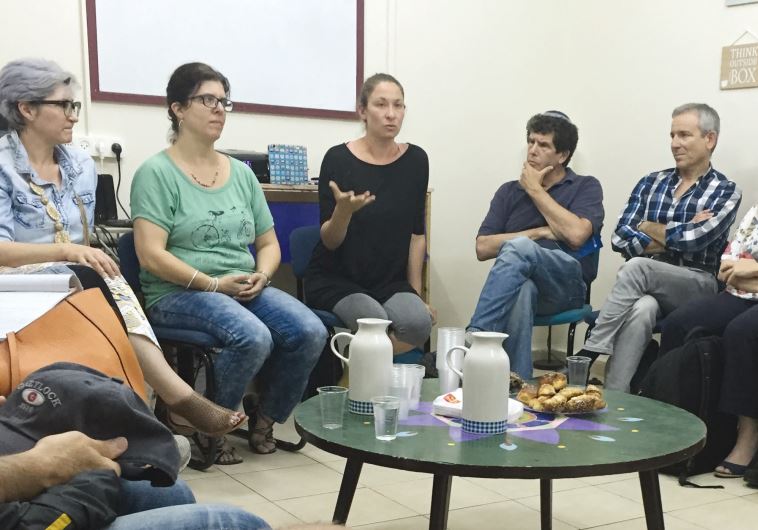Coping with trauma – and learning from it
Yeshiva University social-work students in Israel discover that addressing emotional trauma goes hand in hand with physical treatment.
 Wurzweiler students from Yeshiva University visit the Rape Crisis Center in Kiryat Shmona(photo credit: YU WURZWEILER)
Wurzweiler students from Yeshiva University visit the Rape Crisis Center in Kiryat Shmona(photo credit: YU WURZWEILER)